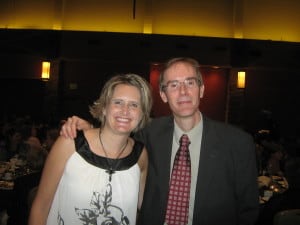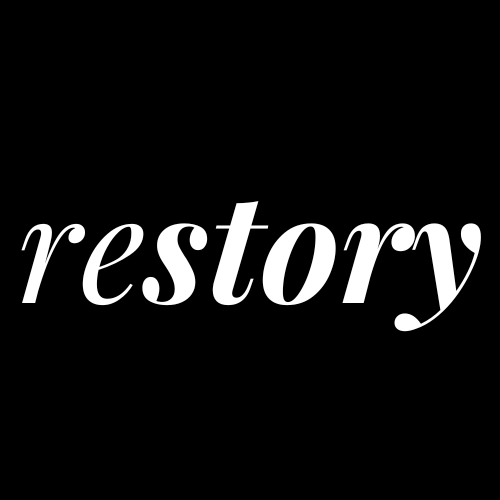
RI: So Mary, I just read through your new e-book 11 SECRETS OF
GETTING PUBLISHED, and I was struck by the irony of the situation.
MD: Yes, I can be ironic.
RI: Your book is all about how to get published by a traditional,
royalty paying publisher. But you SELF-PUBLISHED your book! Want to
explain the logic behind that?
MD: Because the book is a niche book, I knew a traditional publisher
wouldn’t want to publish it (too small a market share), so I decided
the easiest way to get it out to the most people was to create it as
an ebook.
RI: Not to mention that if you self-publish it, you can have it out
NOW, instead of in two years.
MD: Yes, the immediacy of it makes me really excited.
RI: But there’s still this irony–your book is about getting
traditionally published, not about self-publishing a book. Are there
advantages to pubbing with a traditional publisher?
MD: I actually wrote a long post about how to get e-published.
But yes, there are huge advantages to publishing traditionally.
Traditional publishers PAY YOU MONEY! I like that. And they get your
book into great outlets. And they help market and sell your book. And
they give credibility to your work. And you get the absolute best
editing, cover design, and layout. Plus you have zero outlay.
RI: There’s another thing also that I think goes to the core of your
e-book. When you publish with a traditional publisher, you have to
meet a certain standard of quality. Yes, anybody in the world can
e-publish. Instantly. With dreadful quality.
MD: Yes, and you won’t be published unless you’re super famous or you
write like the wind.
RI: But a publisher only wants stuff that it knows it can sell.
MD: All those icky books out there make it hard for readers to
discern what is good anymore, and they don’t typically look at the
publisher. So I think it’s harder for readers to find quality.
RI: Oh, they’ll find quality. They’ll read the Amazon reviews. The
hard part is putting in the quality to begin with.
MD: True. A publisher is a business. They have to look at the bottom
line, which means you have to pitch something that you think will
sell well.
RI: And that’s what your book is all about. How to put in the
quality, so that if you pursue a traditional publisher, you’ll get it
published. And if you self-publish, you’ll actually sell more than 3
copies.
MD: If you want longevity in your career, it behooves you to write
well and keep honing your craft. And I would argue you still have
that onus if/when you self publish.
RI: Right, the onus is even stronger if you self-pub, because you
have no marketing department. So quality of the writing has to do the
job of marketing.
MD: Right. That’s where your platform becomes even more important.
Because if you have a blog that reaches 12, you’ll probably sell 1
book.

0 Comments